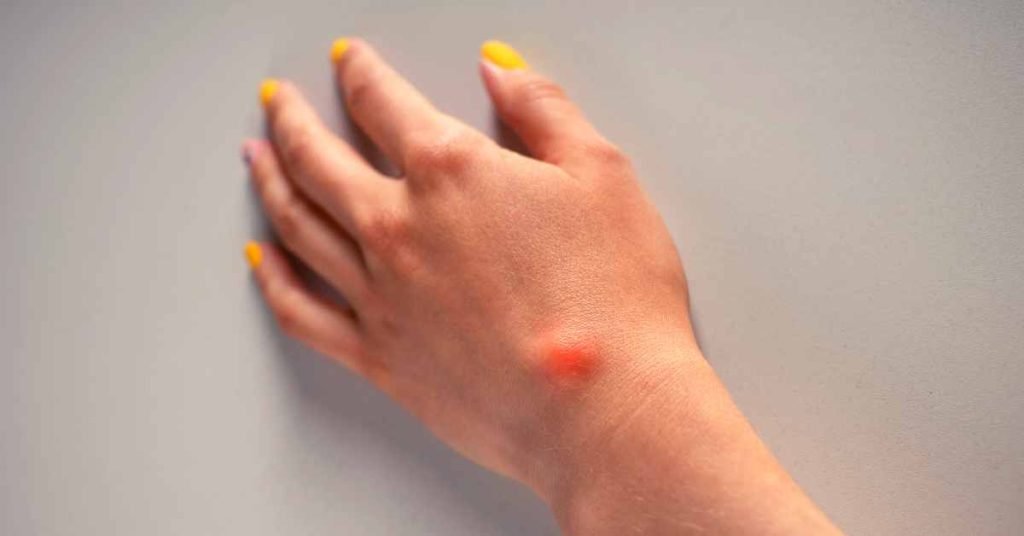Ganglion cysts, also known as wrist cysts or Bible cysts, are benign lumps that most commonly develop on the hand or wrist.
While they are usually harmless, they can cause discomfort, pain, and limited mobility. Many people explore various treatment options, ranging from traditional medical interventions to alternative therapies.
One such alternative remedy that has gained attention is tea. In this article, we will explore the potential benefits of tea for ganglion cyst relief and discuss various teas that may aid in managing the symptoms.
Ganglion cysts, also known as wrist cysts or Bible cysts, are benign lumps that most commonly develop on the hand or wrist. While they are usually harmless, they can cause discomfort, pain, and limited mobility.
Many people explore various treatment options, ranging from traditional medical interventions to alternative therapies.
One such alternative remedy that has gained attention is tea.
In this article, we will explore the potential benefits of tea for ganglion cyst relief and discuss various teas that may aid in managing the symptoms.
Understanding Ganglion Cysts

Before delving into the role of tea in alleviating ganglion cysts, it’s essential to understand what these cysts are and how they develop.
Ganglion cysts are noncancerous lumps that form on or around the joints and tendons of the hand and wrist, although they can occur in other areas of the body as well.
They are filled with a thick, jelly-like fluid called synovial fluid, which is responsible for lubricating the joints.
While the exact cause of ganglion cysts is not always clear, they are thought to develop when the synovial fluid leaks into surrounding tissues, forming a sac or cyst.
These cysts often appear as small, round bumps just beneath the skin, and they may vary in size.
The size of the cyst can fluctuate over time, getting larger or smaller, or even disappearing temporarily.
Although they are typically painless, ganglion cysts can cause discomfort, especially when they press on nerves, tendons, or joints. The discomfort can range from mild to severe, and it can hinder regular hand and wrist movements.
Traditional Medical Treatments

Medical treatments for ganglion cysts may include aspiration, which involves draining the fluid from the cyst with a needle, or surgical removal if the cyst is causing significant discomfort or impairing function.
However, these treatments are not always necessary, and some people seek alternative remedies to manage their symptoms.
Tea as a Natural Remedy
Tea has long been celebrated for its various health benefits, from its antioxidant properties to its potential to alleviate inflammation and pain.
While there is no direct scientific evidence that tea can cure ganglion cysts, it may offer some relief from the associated pain and discomfort, making it a complementary approach to consider.
Let’s explore some of the teas that could be beneficial for managing ganglion cyst symptoms.
Turmeric Tea
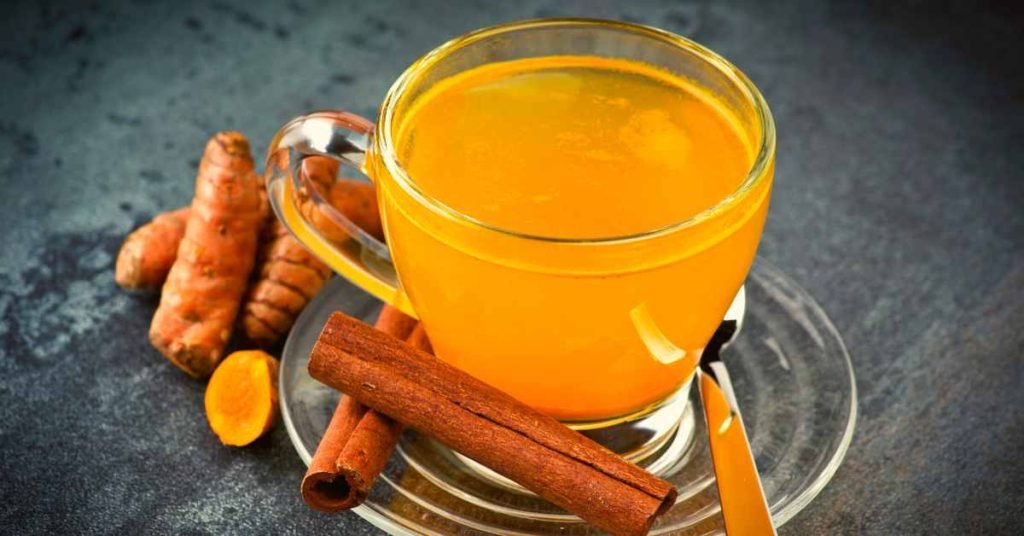
Turmeric is a spice known for its anti-inflammatory and analgesic properties, primarily due to its active compound, curcumin.
Turmeric tea, made by steeping fresh or ground turmeric root in hot water, can help reduce inflammation and relieve pain. Drinking turmeric tea regularly may assist in alleviating some of the discomfort associated with ganglion cysts.
Ginger Tea
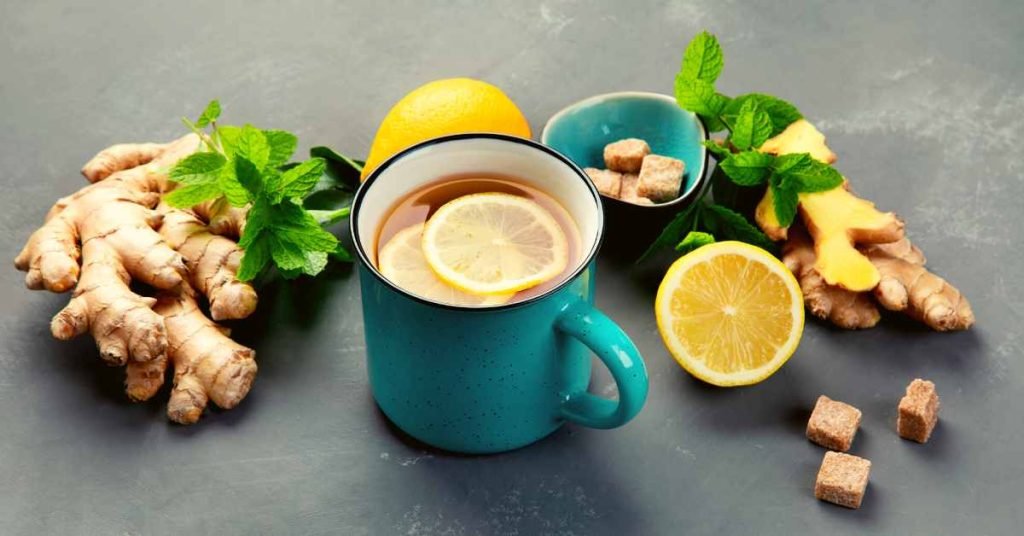
Ginger, another potent anti-inflammatory agent, can be prepared as ginger tea to provide relief from pain and inflammation.
This warming and soothing tea can also improve blood circulation, which may help reduce swelling in the affected area.
Green Tea

Green tea is packed with antioxidants, including catechins, which are known for their anti-inflammatory properties.
Regular consumption of green tea can potentially reduce inflammation, making it a suitable choice for individuals with ganglion cysts looking to manage discomfort and pain.
Chamomile Tea
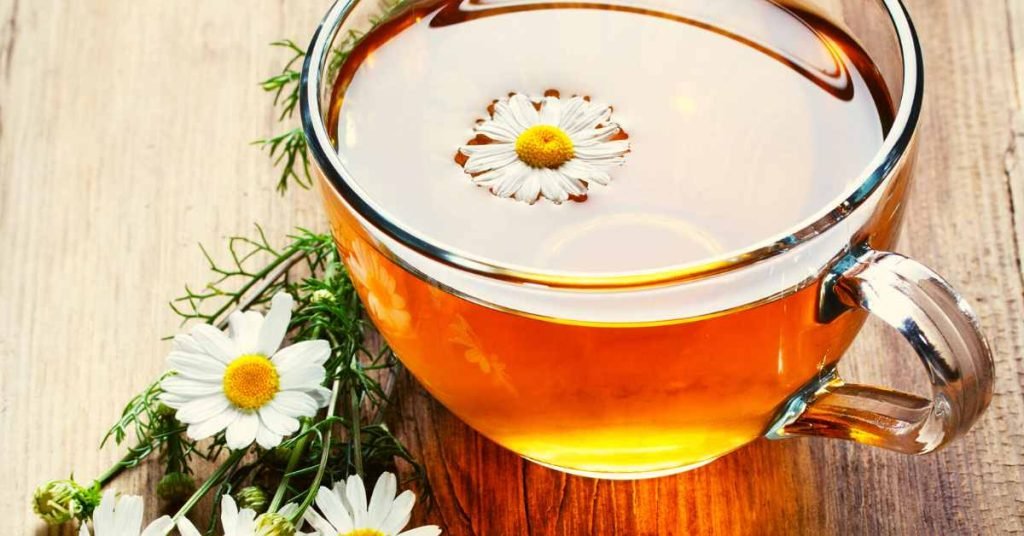
Chamomile tea is revered for its calming and anti-inflammatory effects. It can help alleviate stress and anxiety, which can be beneficial for individuals dealing with the frustration and discomfort of ganglion cysts.
Moreover, chamomile tea may assist in reducing localized inflammation.
Lavender Tea
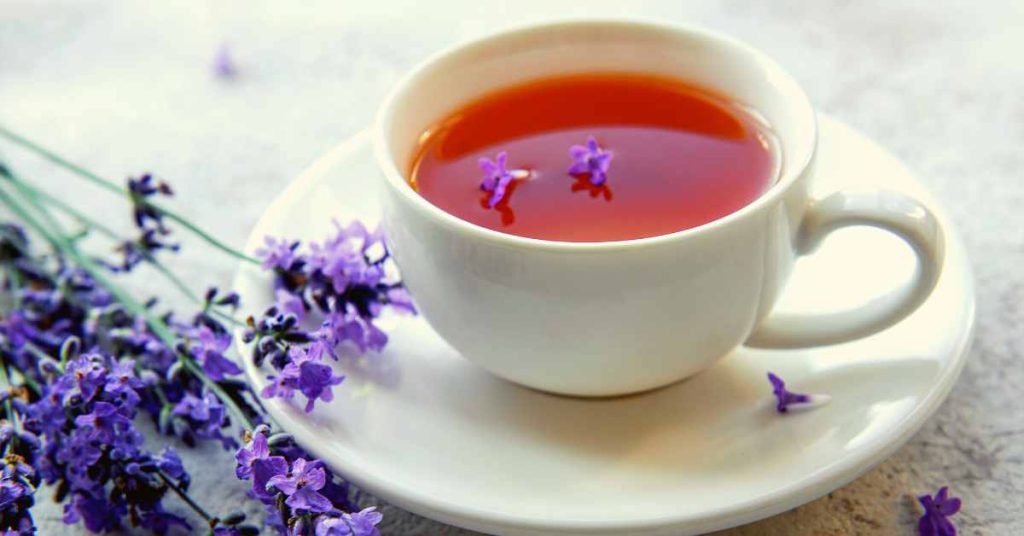
Lavender tea is known for its relaxation-inducing properties. While it may not directly target the cyst, drinking lavender tea can help relieve stress and promote better sleep, which is crucial for the body’s natural healing processes.
Peppermint Tea
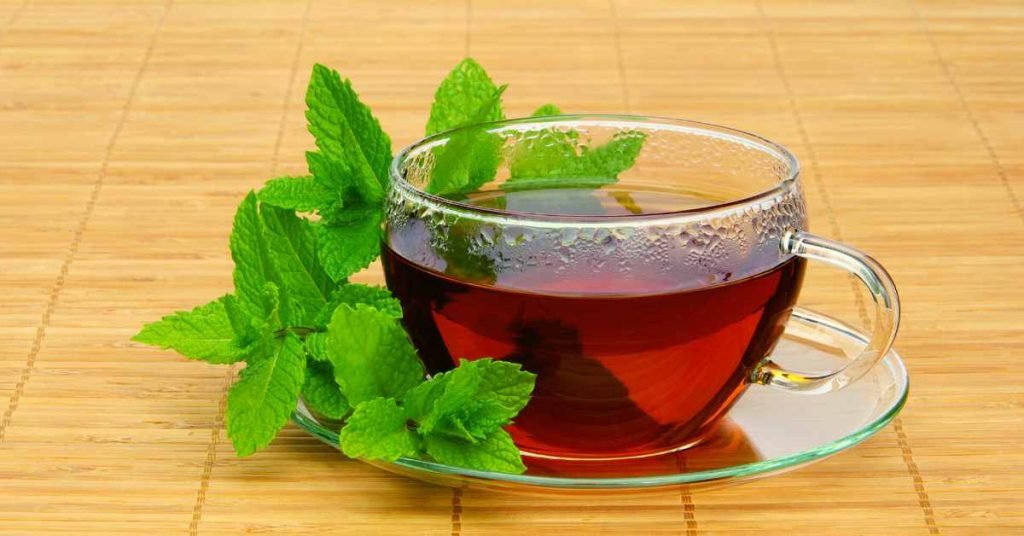
Peppermint tea has a refreshing flavor and can help reduce muscle tension. Although it won’t directly address the cyst itself, it can provide some relief from the discomfort and may ease muscle tension caused by the presence of a ganglion cyst.
Echinacea Tea
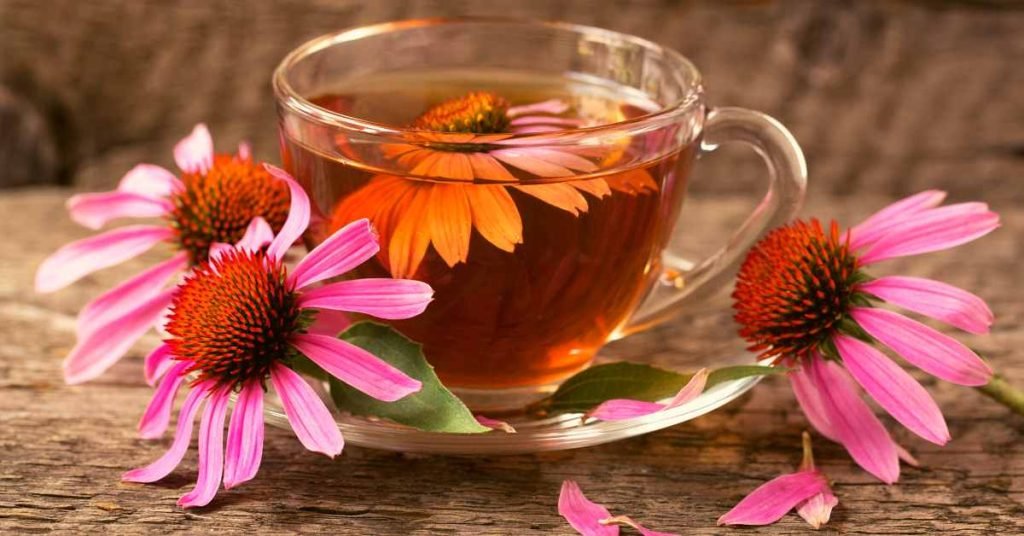
Echinacea tea is often consumed to support the immune system. While it won’t directly shrink or eliminate a ganglion cyst, a strong immune system can help the body manage the cyst more effectively.
It’s important to note that tea should not replace conventional medical treatment for ganglion cysts but can be used as a complementary therapy to help manage symptoms.
Consult with a healthcare professional before attempting any home remedies or alternative treatments.
Final Word
Ganglion cysts can be a source of discomfort and pain, and while traditional medical treatments are available, some people seek natural remedies to manage their symptoms.
Tea, with its various health benefits, can be a complementary approach to alleviate some of the discomfort associated with ganglion cysts.
The anti-inflammatory and analgesic properties of teas like turmeric, ginger, green tea, chamomile, and lavender may offer relief from pain and discomfort.
Additionally, teas such as peppermint and echinacea can help manage the symptoms indirectly by promoting relaxation and supporting the immune system.
Remember that tea should not replace medical treatment for ganglion cysts, but it can be a soothing and supportive addition to your self-care routine.
Before starting any alternative treatment, consult with a healthcare professional to ensure it is safe and appropriate for your specific situation.
MEDICAL DISCLAIMER
Itsnevernotteatime.com cannot and does not contain medical/health advice. The medical/health information is provided for general and educational purposes only and is not a substitute for professional advice.
